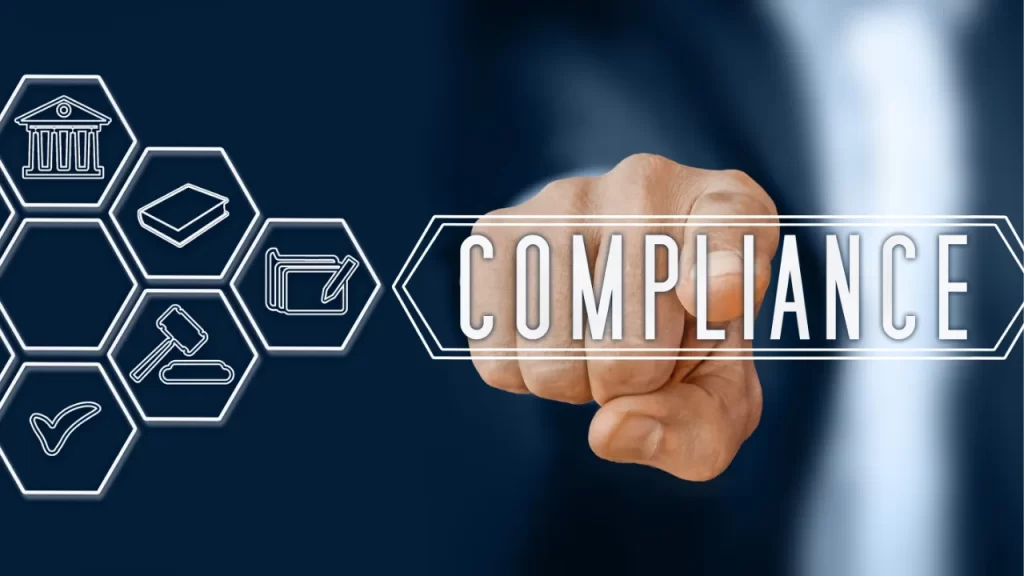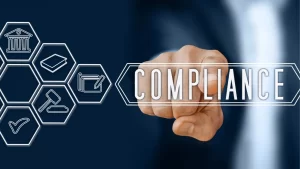In an increasingly globalized business environment, asset management is governed by numerous compliance standards designed to ensure transparency, efficiency, and security.
Organizations operating across multiple jurisdictions must navigate complex regulatory landscapes to remain compliant while optimizing asset utilization.
This article explores the importance of compliance in asset management, key global standards, and best practices for organizations to maintain regulatory adherence.
The Importance of Compliance in Asset Management
Compliance in asset management is critical for several reasons:
- Regulatory Requirements: Governments and regulatory bodies enforce compliance to ensure fair business practices, financial accuracy, and operational efficiency.
- Risk Mitigation: Adhering to standards minimizes legal risks, fines, and reputational damage.
- Operational Efficiency: Standardized processes lead to better asset tracking, maintenance, and cost control.
- Investor and Stakeholder Confidence: Compliance enhances trust and credibility among investors, partners, and customers.
Key Global Compliance Standards in Asset Management
Several international regulations and standards govern asset management across industries. Below are some of the most critical ones:
1. International Financial Reporting Standards (IFRS)
- IFRS ensures consistency in financial reporting for organizations operating globally.
- Fixed assets must be properly classified, valued, and depreciated according to IFRS 16 (Leases) and IAS 16 (Property, Plant, and Equipment).
2. Generally Accepted Accounting Principles (GAAP)
- Used primarily in the U.S., GAAP mandates proper asset valuation, depreciation, and financial reporting.
- Ensures financial integrity and compliance with the Securities and Exchange Commission (SEC) requirements.
3. ISO 55000 Series – Asset Management Standards
- Provides a structured framework for asset lifecycle management, risk assessment, and performance optimization.
- ISO 55001 focuses on establishing an asset management system that aligns with organizational goals.
4. Sarbanes-Oxley Act (SOX)
- Enforces strict internal controls and financial reporting requirements for publicly traded companies in the U.S.
- Requires transparent asset reporting and risk management strategies.
5. General Data Protection Regulation (GDPR)
- Governs data protection and privacy for companies handling asset-related data within the European Union.
- Ensures proper handling, storage, and transfer of asset information.
6. Occupational Safety and Health Administration (OSHA)
- Regulates workplace safety and asset management in industrial environments.
- Ensures machinery, equipment, and fixed assets meet health and safety compliance standards.
7. International Public Sector Accounting Standards (IPSAS)
- Provides asset management and financial reporting guidance for government and public sector entities.
- Promotes accountability and transparency in the management of public assets.
8. Environmental, Social, and Governance (ESG) Standards
- Increasingly influencing asset management practices by ensuring sustainable and responsible asset utilization.
- Includes guidelines on carbon footprint management, energy efficiency, and ethical asset procurement.
Best Practices for Ensuring Compliance in Asset Management
Navigating compliance requires a proactive and structured approach. Below are some best practices to ensure adherence to global asset management standards:
1. Implement a Robust Asset Management System (AMS)
- Leverage digital solutions to track assets, record maintenance, and ensure compliance with relevant regulations.
2. Conduct Regular Audits and Assessments
- Schedule periodic internal and external audits to identify compliance gaps and implement corrective measures.
3. Stay Informed on Regulatory Updates
- Compliance regulations evolve constantly; staying updated with changes ensures ongoing adherence.
4. Develop Comprehensive Asset Policies and Procedures
- Establish internal policies that align with global compliance standards, covering acquisition, maintenance, disposal, and reporting.
5. Train Employees on Compliance Requirements
- Educate asset managers, finance teams, and other stakeholders on compliance obligations and industry best practices.
6. Integrate Compliance into Risk Management Strategies
- Align compliance initiatives with risk management efforts to mitigate financial, legal, and operational risks.
7. Use Data Analytics for Compliance Monitoring
- Utilize data-driven insights to track asset performance, predict maintenance needs, and ensure regulatory adherence.
The Role of Technology in Compliance Management
Advanced technologies are transforming compliance management in asset-intensive industries:
- AI and Machine Learning: Enhance predictive compliance by identifying potential regulatory risks before they become issues.
- Blockchain: Ensures secure, tamper-proof asset tracking and transparent financial reporting.
- IoT Sensors: Enable real-time monitoring of physical assets to comply with operational and safety standards.
- Cloud-Based Asset Management Solutions: Facilitate compliance tracking, reporting automation, and global regulatory alignment.
Conclusion
Navigating global compliance standards in asset management is a complex but essential process for organizations seeking operational efficiency, financial accuracy, and regulatory adherence.
By understanding key compliance frameworks, adopting best practices, and leveraging technology, businesses can streamline compliance efforts while optimizing asset utilization.
Staying ahead in asset management compliance requires continuous monitoring, training, and technological advancements.
Organizations that proactively implement structured compliance strategies will gain a competitive advantage while ensuring legal and ethical asset management practices.





